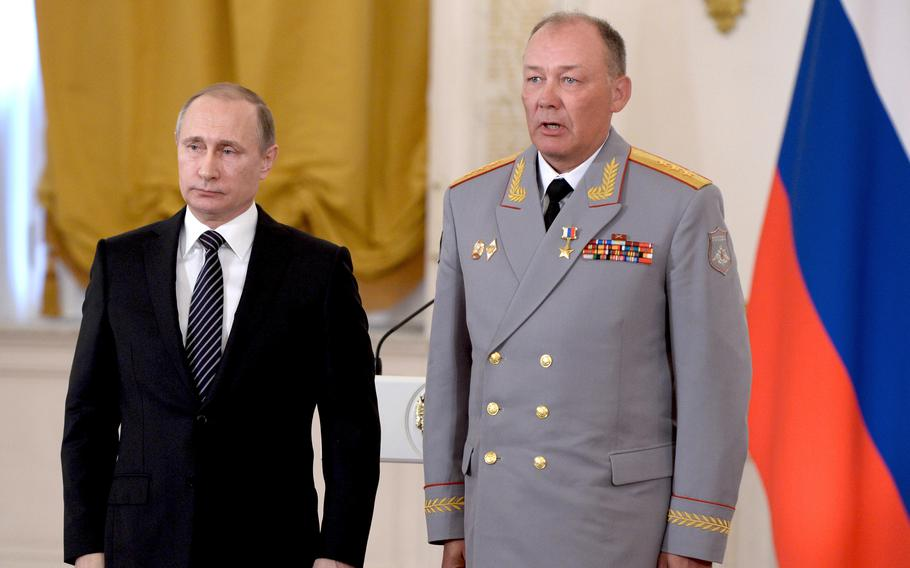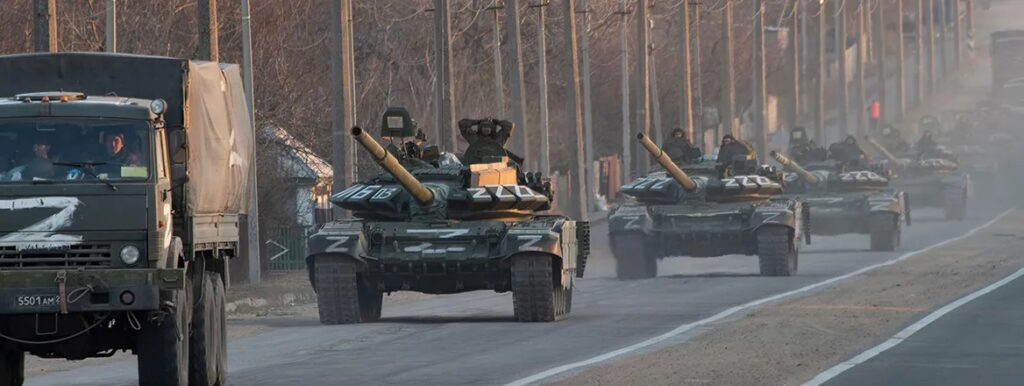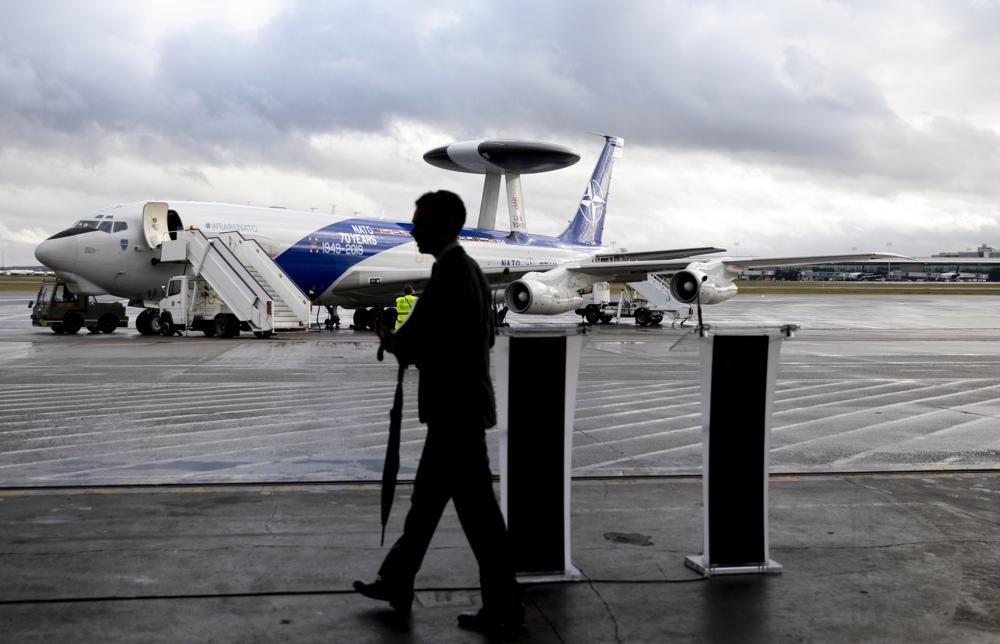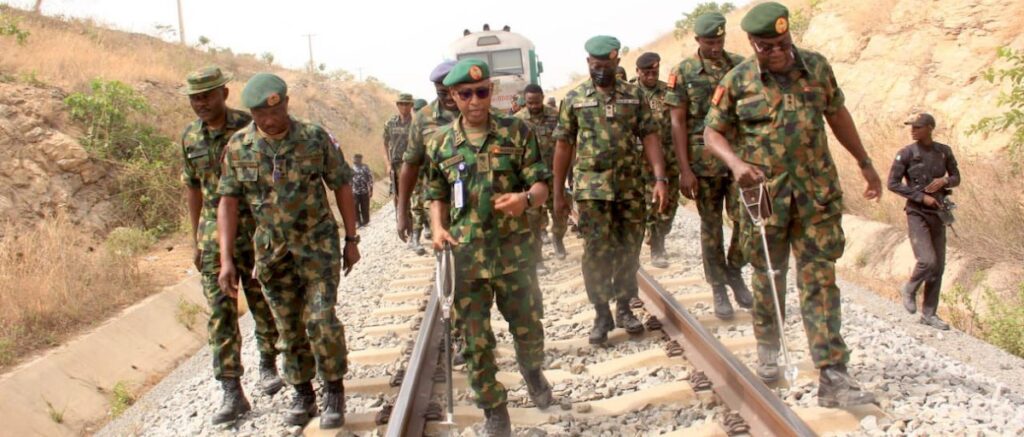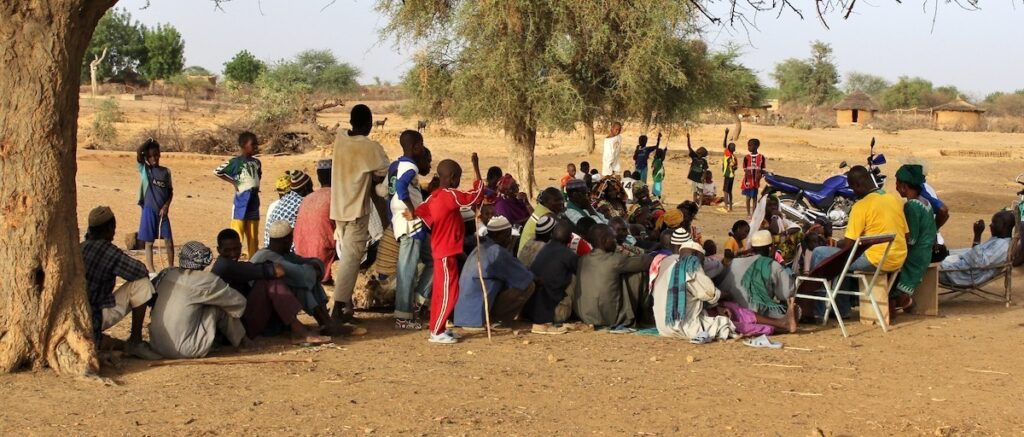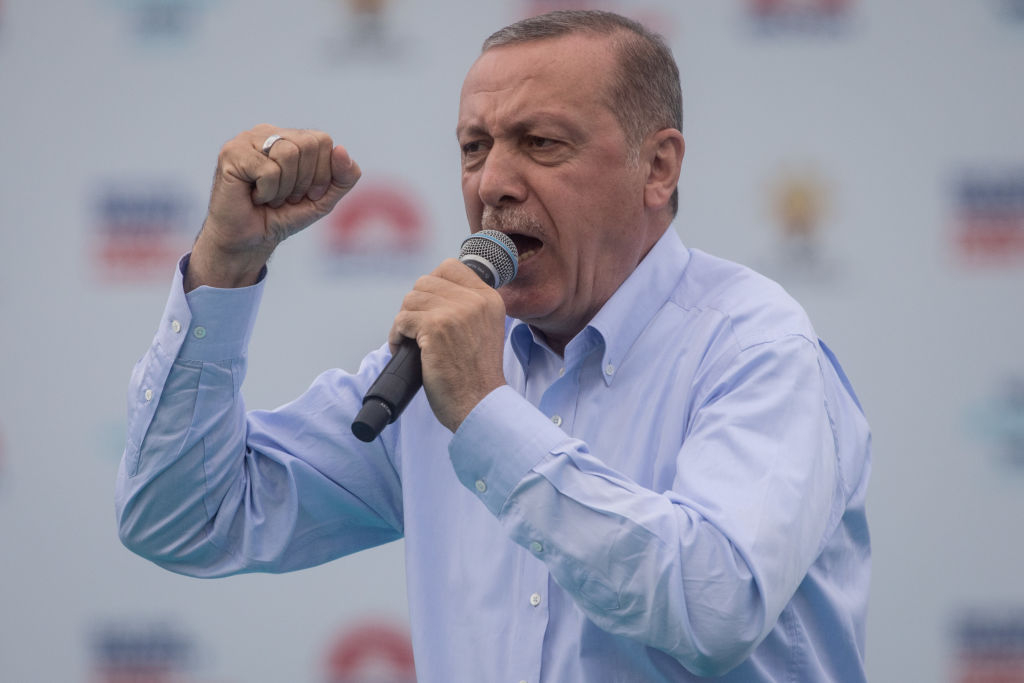China makes semi-secret delivery of missiles to Serbia
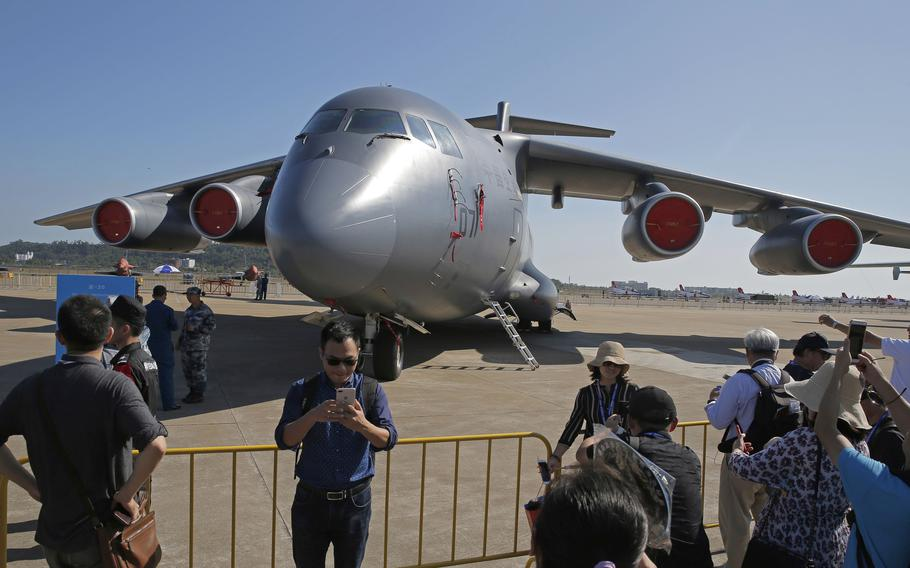
Russian ally Serbia took the delivery of a sophisticated Chinese anti-aircraft system in a veiled operation this weekend, amid Western concerns that an arms buildup in the Balkans at the time of the war in Ukraine could threaten the fragile peace in the region.
Media and military experts said Sunday that six Chinese Air Force Y-20 transport planes landed at Belgrade’s civilian airport early Saturday, reportedly carrying HQ-22 surface-to-air missile systems for the Serbian military.

